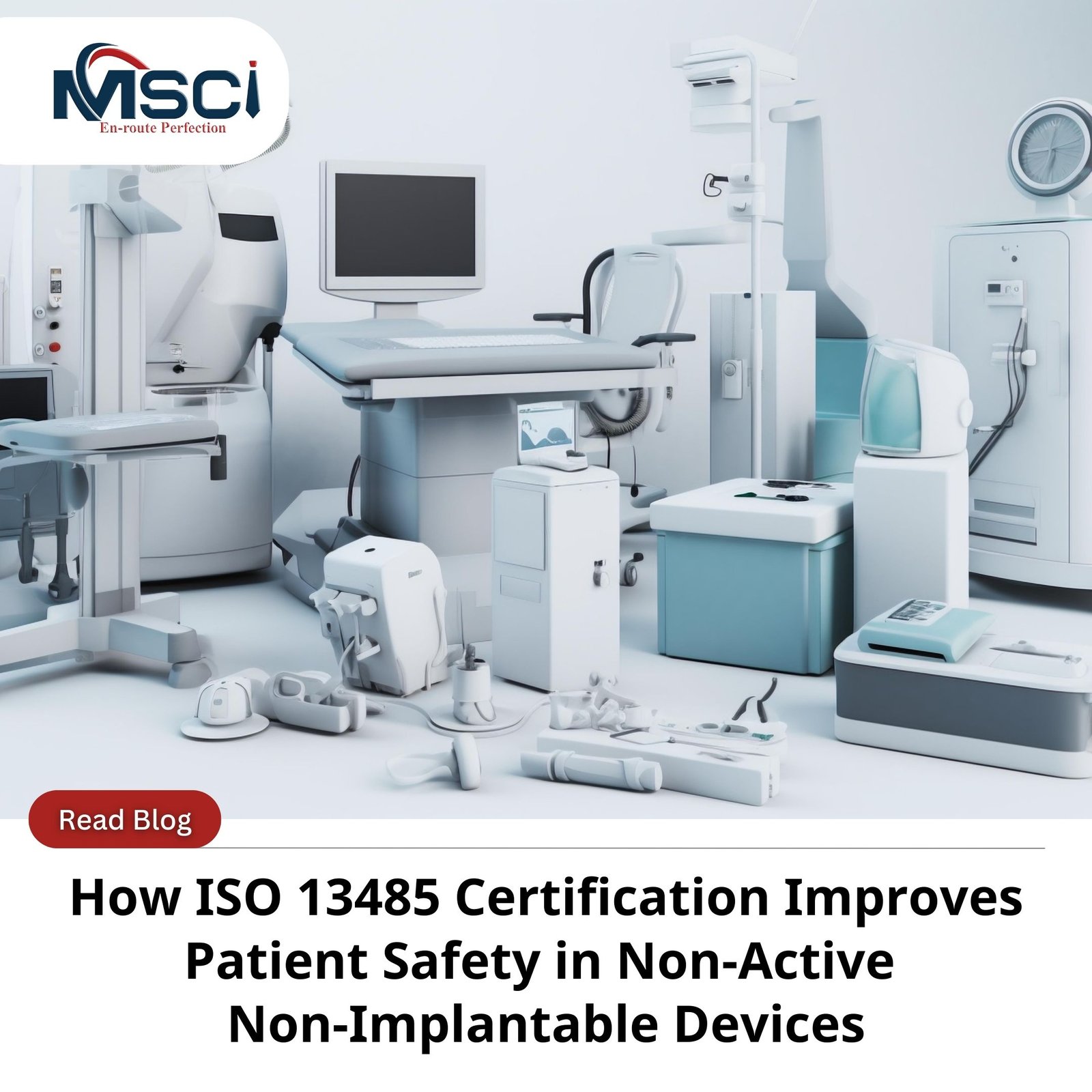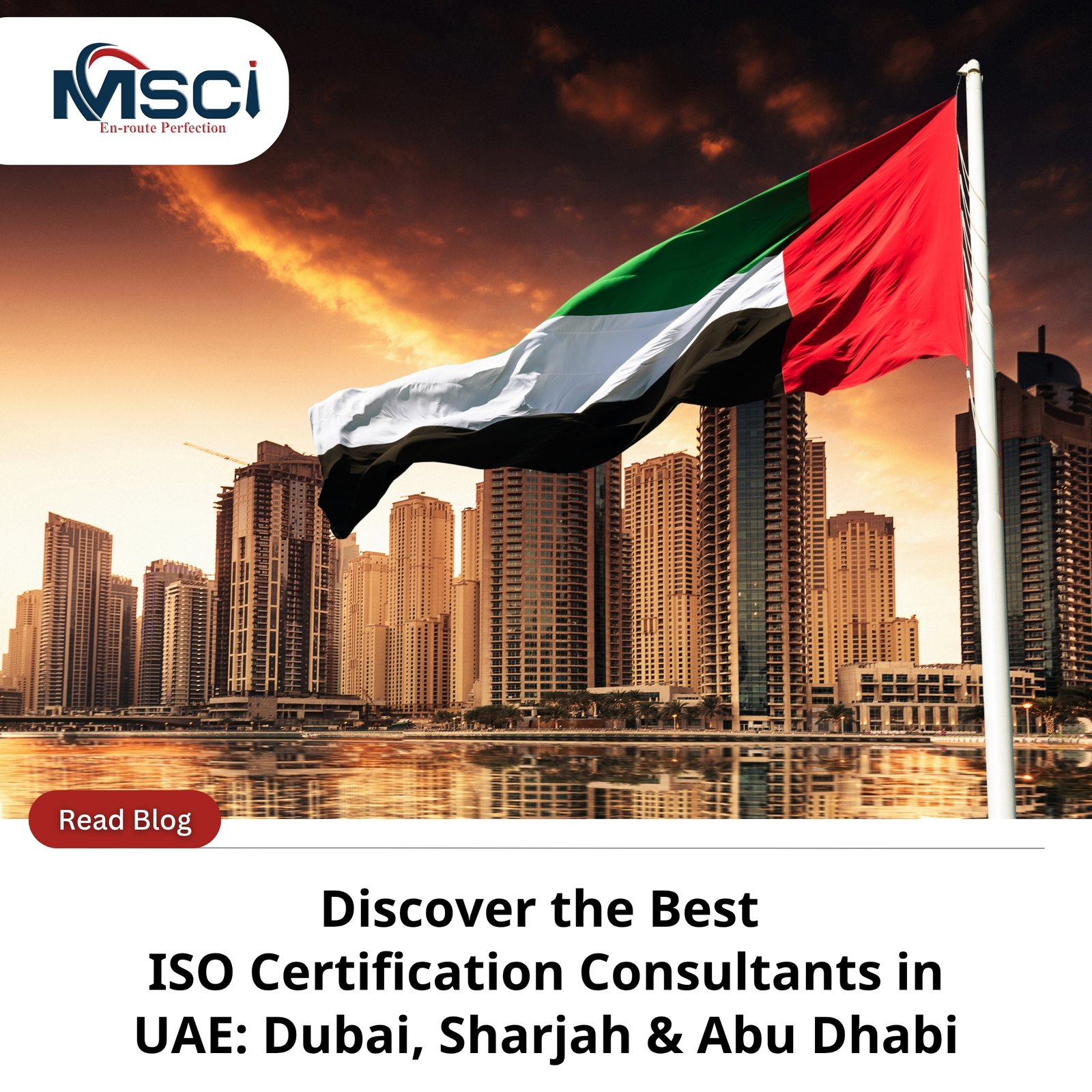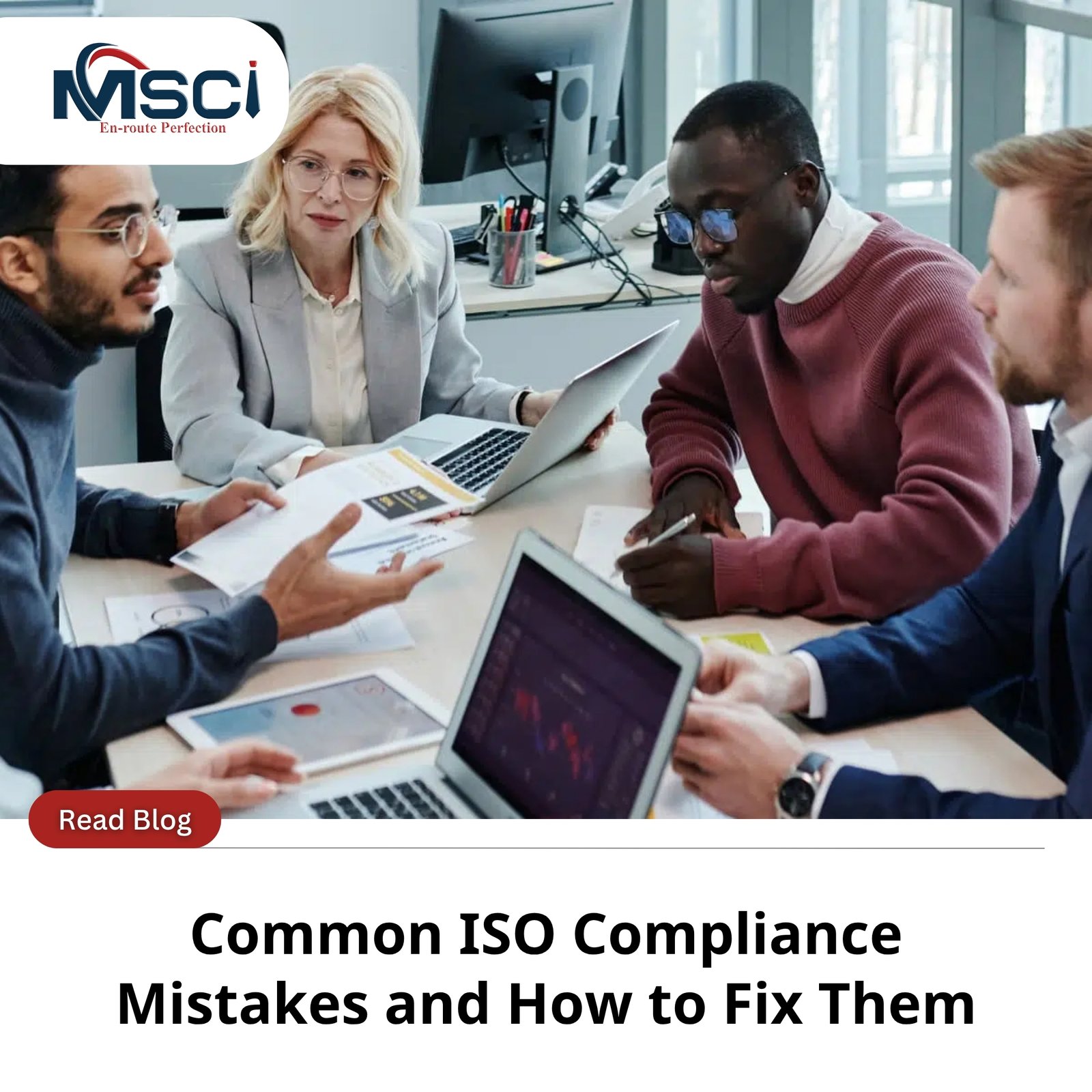How does ISO 9001:2015 consultants help organizations across industries expand their business?
More than 65% of companies face challenges during their first attempt to understand and implement ISO 9001 documentation and requirements. The foremost reasons for the challenges range from poor guidance to a lack of proper standard knowledge.
Quality is a cornerstone of every industry, helping build a longer and better relationship between organizations and consumers. Hence, ISO 9001:2015 is an efficient and effective marketing tool for organizations to reflect their commitment to the highest quality and industry standards.
The standard also helps Small and Medium Enterprises (SMEs) understand the required resources and methods to enhance product and service quality. However, skilled and professional consultants aid organizations in understanding and implementing necessary measures to maintain standard compliance.
The consultancy sector has witnessed worldwide growth due to rising demand for ISO standards and their relatability. Moreover, the consultancy industry revenues are supposed to increase to $10 billion.
Significance of ISO 9001:2015 Standard for organizations
ISO 9001 is universally known as the Quality Management System (QMS). More than a million organizations across 170 countries have implemented the standard to meet the needs of customers and stakeholders. Additionally, it is a process-oriented certification rather than a product-oriented one and is used for internal and external purposes.
Quality framework provides a systematic and structured approach for organizations to improve their processes to consistently deliver high-quality products or services. ISO 9001 is a powerful marketing tool that helps organizations monitor, manage, and improve the quality of goods and services.
Management System Compliance Incorporation is a reputed consulting organization that offers tailored services to businesses to achieve their industry-specific goals. We have a group of individuals with the required skills and work experience to guide organizations in preparing documentation and implementing it throughout the management system.
Checklist of mandatory requirements for ISO 9001
The International Organization for Standardization (ISO) has 10 clauses to the latest revision done in the standard in 2015. However, under each clause, there are 56 sub-clauses for businesses to meet quality requirements.
The ISO 9001:2015 standard has three general clauses that are the same for every standard and seven mandatory clauses.
Three general clauses that are the same for every standard:
➤ Scope – Promotes businesses’ adoption of processes and systems to ensure consistent output quality.
➤ Normative References – Provides a comprehensive understanding of the terminology used in ISO 9000:2015.
➤ Terms and Definitions – Establishes the foundational principles and vocabulary of a Quality Management System (QMS).
Seven mandatory clauses for ISO 9001:2015 standard are as follows:
➥ Context of the Organization – Businesses must provide a high-level overview of the Quality Management System (QMS) requirements and demonstrate an understanding of the organization’s context.
It presents documented information such as business plans, strategies, annual reports, process maps, and analysis. ISO 9001 clause also emphasizes assessing whether processes are clearly understood across the organization and whether the QMS delivers its intended outcomes.
➥ Leadership – Organizations must demonstrate a commitment to delivering quality services and maintaining a customer-focused approach. They should also show the necessary leadership and resources to govern processes effectively and establish a clear quality policy.
➥ Planning – Businesses shall identify quality objectives, risks, and opportunities to develop plans and address necessary changes.
➥ Support – Successful implementation of a QMS requires the right people, resources, infrastructure, tools, operational environment, skills, knowledge, training, and processes. Organizations must also ensure that all documented information is maintained and communicated across the business.
➥ Operation – Clause 8 focuses on operational planning and control. It requires businesses to critically evaluate their products and services, identify areas for improvement, and adjust operations to enhance production and service delivery efficiency. This clause also emphasizes the need to assess external processes, such as those involving suppliers and contractors.
➥ Performance Evaluation – Businesses must monitor and measure the performance of their QMS activities to determine whether objectives are being met. This can be achieved using client satisfaction surveys, internal audits, and management reviews.
➥ Continuous Improvement – Organizations must commit to the ongoing improvement of the Quality system and take corrective actions when necessary to address any issues or gaps.
How does an expert consultant help organizations adhere to climate change protocols with ISO 9001?
An amendment to the ISO 9001:2015 standard was published in 2024, introducing new requirements to address climate change as a critical concern within an organization’s context and Quality Management System (QMS).
Organizations must integrate climate change considerations into their planning and implementation processes w.e.f. Effective February 22, 2024. Businesses now must assess how climate change may affect their operations and stakeholders by ensuring it is factored into their strategic and operational decisions.
Role of Skilled Consultants in Implementing ISO 9001:2015 Standard
An ISO 9001 consultant assists businesses in implementing a quality management system to achieve intended outcomes. Consultants analyze company goals and evaluate quality control processes to identify strengths and weaknesses.
Expert consulting services develop strategies to improve product and service qualities to meet and exceed customer satisfaction. Their expertise ensures businesses meet international standards by adopting necessary policies to enhance overall management systems.
The following are the key responsibilities of ISO 9001 consultants:
- Expert consultants help organizations understand the complexities and intricacies related to ISO 9001 standard.
- Gap analysis is a significant step in understanding and implementing ISO 9001 Quality Management requirements. Hence, consultants assist organizations in conducting a gap analysis to analyze quality management practices, controls, and documentation.
- ISO 9001 QMS Consultants help businesses strategize the road map and strategies for Quality Management Standard.
Conclusion
ISO 9001:2015 consultants are crucial in helping organizations across industries implement and maintain a robust Quality Management System (QMS). Their expertise ensures that businesses overcome challenges in understanding and meeting ISO requirements. As a result, consultants help organizations enhance operational efficiency, customer satisfaction, and market competitiveness.
As the demand for ISO standards continues to grow, professional consulting services remain instrumental in supporting organizations in achieving industry-specific goals. Expert consultants help organizations improve product and service quality to expand their business globally.






